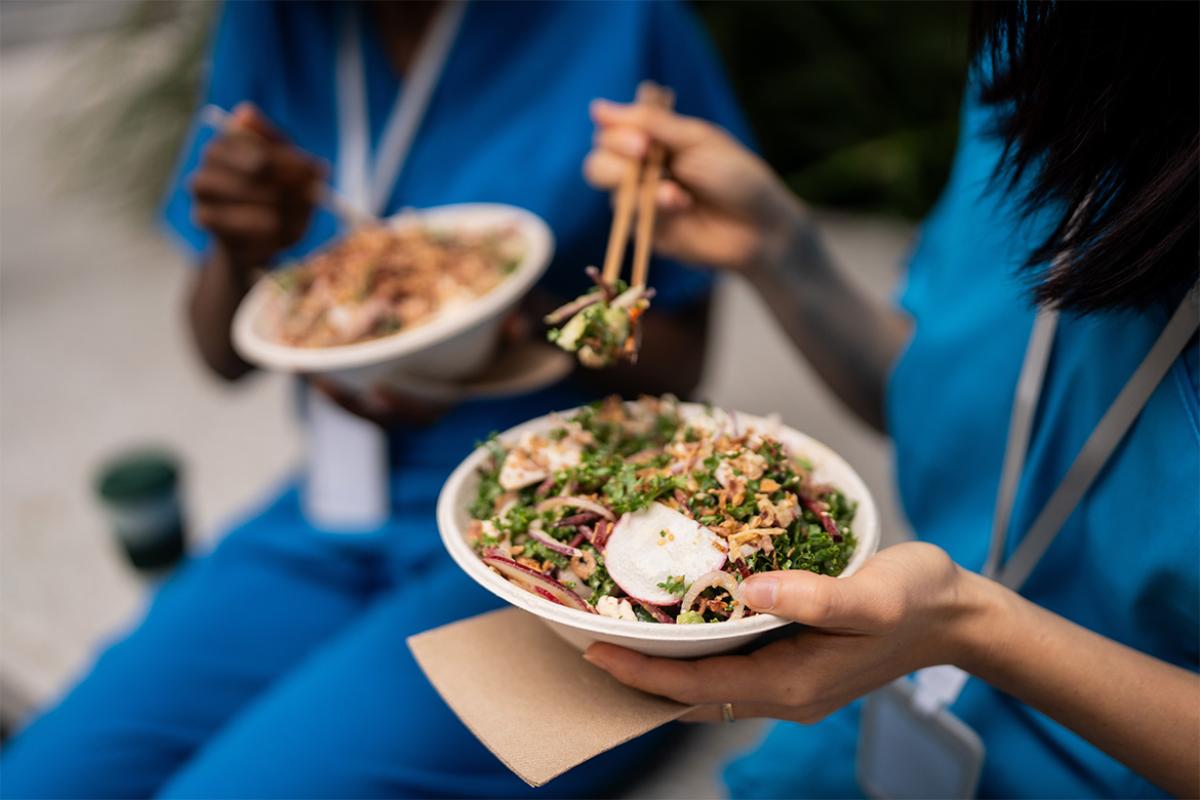Conducting research as a medical student can help you map out your career. But does it lead to a career in academic medicine? Not necessarily.
A study published in the journal Cureus indicates that the correlation between medical student research experiences and a career of working as an academic physician isn’t particularly strong. The study instead found that a handful of physician specialties can be predictors of academic careers.
“The specialties of general surgery, pathology, internal medicine, and neurological surgery are statistically significant predictors of an academic career as a physician,” the study’s authors wrote. “A higher number of research experiences in medical school is not a significant predictor.”
For medical student and residents interested in interacting with the research of their peers, the AMA Research Challenge semifinals take place virtually Oct. 20–22. The event, which is free to attend, offers the opportunity to explore research in a variety of topics and specialties as well as provide advice and feedback. AMA members can also score posters to help decide the five finalists who will compete for a $10,000 grand prize that will be determined in December.
Research experience and residency selection
The study used 2018 data from the National Resident Matching Program on the average number of research experiences that medical students who applied to a specialty had during their time in medical school. That data was compared with the type of setting recent Hershey Medical Center residency program graduates practiced in after their graduate medical training.
Looking at the body of graduates, five specialties had 50% or more of the eligible physicians entering a career in academic medicine following their residency training. Those specialties were:
- Neurological surgery: 83%.
- Internal medicine: 59%.
- Vascular surgery: 50%.
- Pathology: 50%.
- General surgery: 50%.
Of those, only one ranked among the specialties in which matched residency applicants had more than five research experiences as medical students. That was neurological surgery, which had an average of 5.2 research experiences among medical student applicants in 2018.
Understanding the value of research
While research done as a medical student may not have clear-cut predictive value of one’s career path, it does have some value.
In a 2021 survey of residency program directors, research experiences were the 13th most important personal factor considered by programs in determining who to interview.
But the value in exposure to research extends beyond the Match. It can shape your career, in some cases, according to Paul Haidet, MD, MPH, a distinguished professor of medicine, humanities, and public health sciences at the Penn State College of Medicine.
“Doing research during medical school or having an immersive experience with a decent mentor—when you emerge from that experience it gives you the fodder to decide: Is this me, or is this not me? And in that light, I think it’s good for everybody to try it out,” Dr. Haidet said. “I certainly never saw myself as a researcher. While I was always a good conceptual thinker, I had never connected it with doing scholarship and the immersive experience made those connections for me.”
For students interested in getting that exposure, Dr. Haidet offered this advice.
“Find the best teachers or the researchers at your institution that are doing something that jazzes you for whatever reason and go ask: Can I help?” he said. “And what they’ll probably do is give you some initial assignment. They are going to test you out and see—is this person committed to something? If they say, ‘Do this and call me back’—do it. And do it within a month or two.””
Learn how medical student research can resonate with residency programs.



